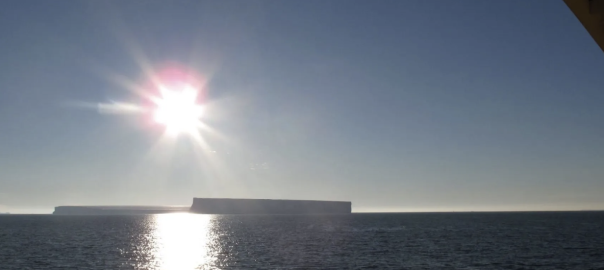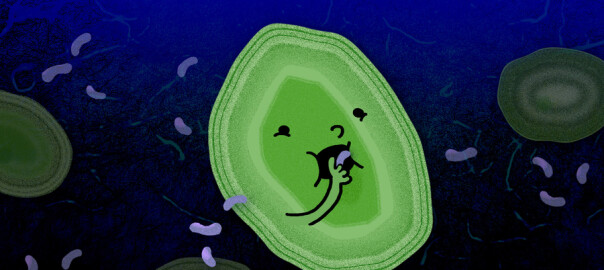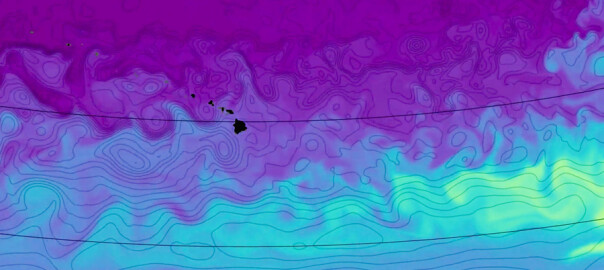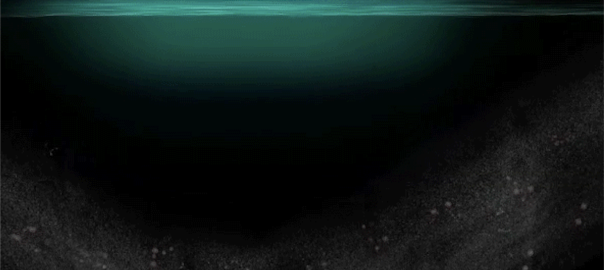Vitamin B12 deficiency in people can cause a slew of health problems and even become fatal. Until now, the same deficiencies were thought to impact certain types of algae, as well. A new study led by former MIT CBIOMES postdoc Deepa Rao examined the algae Phaeocystis antarctica’s (P. antarctica) exposure to a matrix of iron and vitamin B12 conditions. Results show that this algae can survive without B12, something that computer analysis of genome sequences had incorrectly indicated. Continue reading Vitamin B12 adaptability in Antarctic algae has implications for climate change



